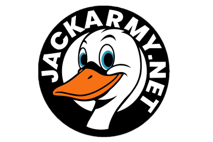Captain_Sham
Michu
- Joined
- Jun 27, 2020
- Messages
- 2,974
- Reaction score
- 619
I was talking about North Wales in general and that they speak a more correct form of Welsh there. I lived in North Wales for years. Worked in Mold and Buckley. You have missed the point entirely, and are talking utter shyt, as usual.They don’t. Youre thinking of Gwynedd and Anglesey - Clwyd is like a northern Monmouthshire quite anglicized
Last edited:

